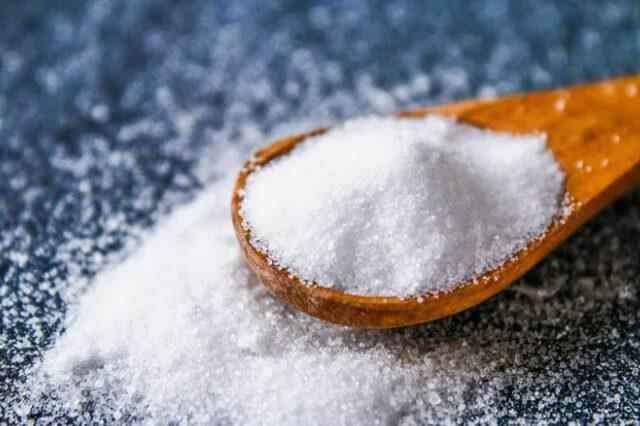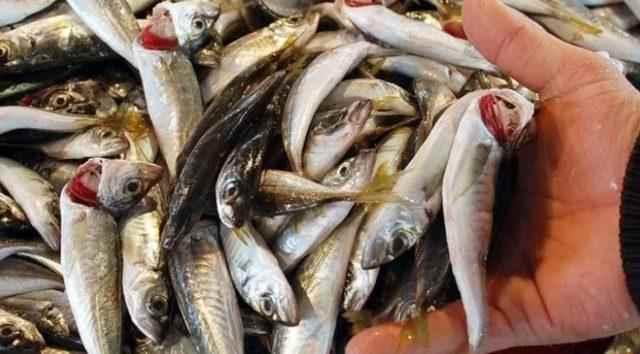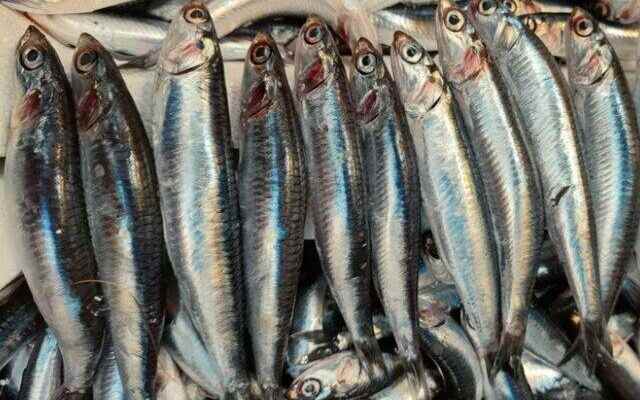Some diseases can progress insidiously without any symptoms. High blood pressure is one of the diseases that progress without symptoms but is frequently seen in the society. Many people do not know that they have high blood pressure. High blood pressure or hypertension is a harbinger of serious health problems such as heart attacks and strokes. Many foods we eat can cause high blood pressure. While fish is a very healthy food, a certain type can raise your blood pressure quite a lot.
PAY ATTENTION TO THE TYPE OF FISH EATED
Known for its various health benefits, fish is packed with omega-3 fatty acids that are beneficial for your heart health. Your cardiovascular system may rejoice when you eat salmon or mackerel, but the way the fish is prepared is important. In fact, dried fish can put your blood vessels at risk of developing high blood pressure, according to Blood Pressure UK. Dried fish is a popular snack that comes in a variety of flavors and sizes.
SALT RATE TOO HIGH

The drying preservation method removes water from the fish, prolonging its shelf life. Most dried fish products are believed to pack protein while keeping the fat content low. However, cured meat also contains salt, a potentially harmful ingredient for those with high blood pressure. According to Blood Pressure UK, dried fish is “especially high in salt”, which means you should avoid consuming it or find a lower-salt alternative.
UNconscious consumption of salt can lead to heart disease and stroke.

The trick to salt, which is considered the “one and only” cause of hypertension, is due to water retention. The common spice causes your body to retain water, which puts extra water in your blood and puts extra pressure on your arteries. Also, if your high blood pressure levels are already in the red zone, salt can exacerbate this problem. Eating too much salt can lead to more health problems, ranging from heart disease to stroke.
CHECK LABELS

Reducing salt is one of the simplest ways to lower hypertension, according to Blood Pressure UK. “Reducing the amount of salt will start to make a difference very quickly, even within weeks.” To control your salt intake, experts recommend looking at labels and avoiding foods with a high salt content, with 1.5 grams or more per 100 grams of food.
OILY FISH IS VERY USEFUL FOR HEALTH

In contrast, studies show that fatty fish like mackerel, salmon and sardines can help protect your heart and brain from disease. The British Heart Foundation (BHF) explains that the omega-3 content in fresh fish meat can even keep your blood pressure levels in check. BHF shares: “Eating oily fish as part of a traditional Mediterranean diet will give your body the best chance of warding off disease.
